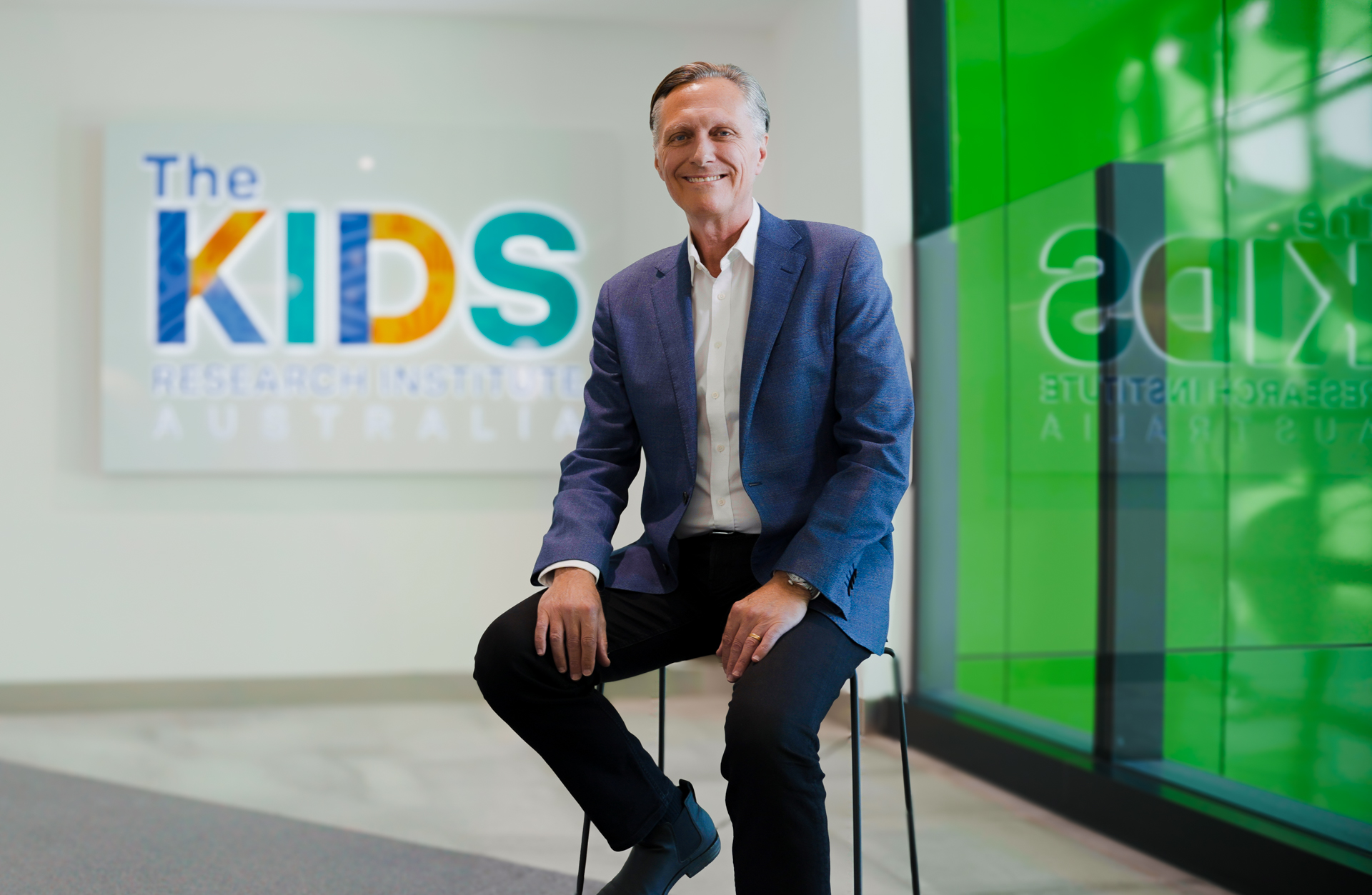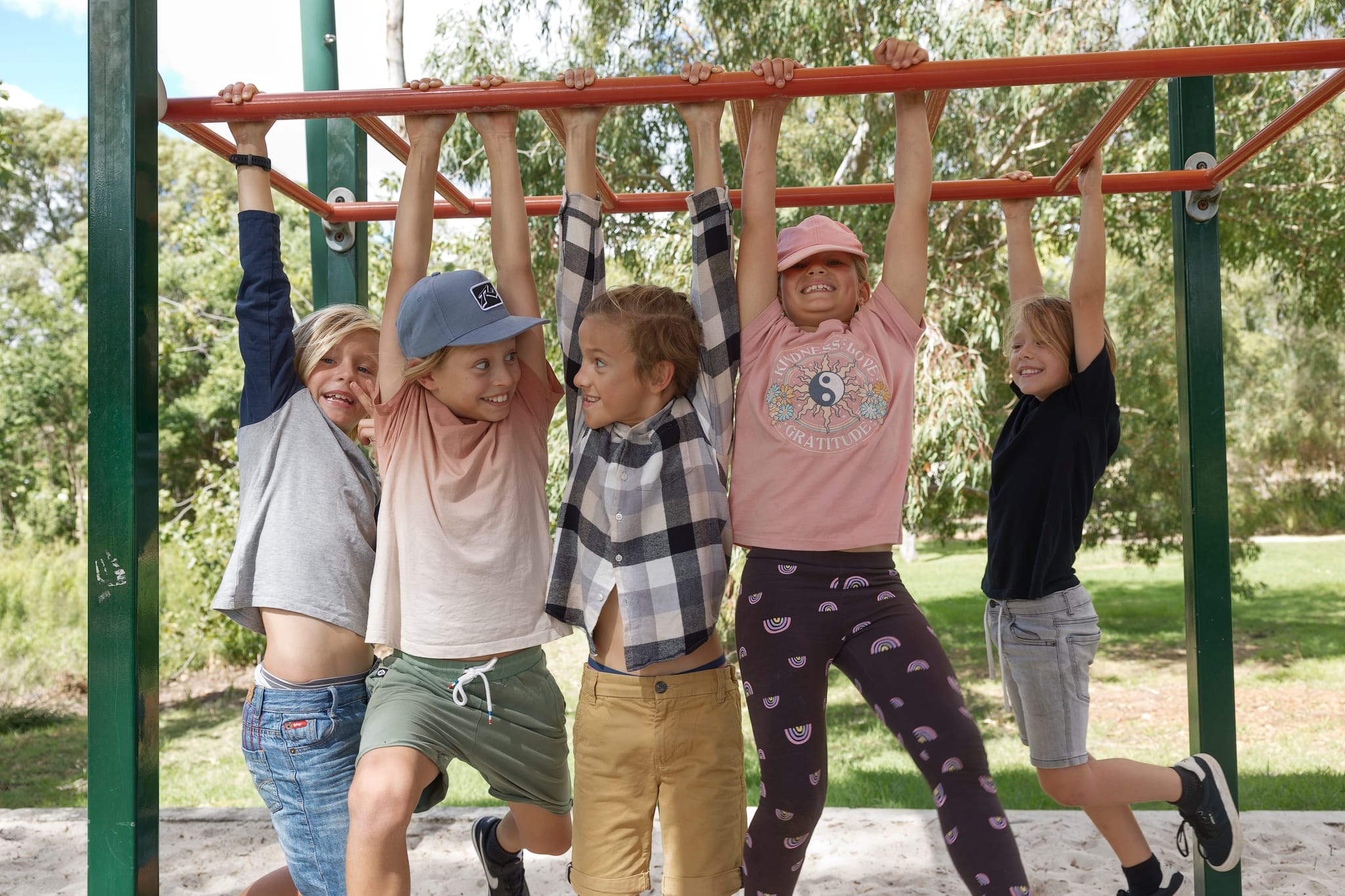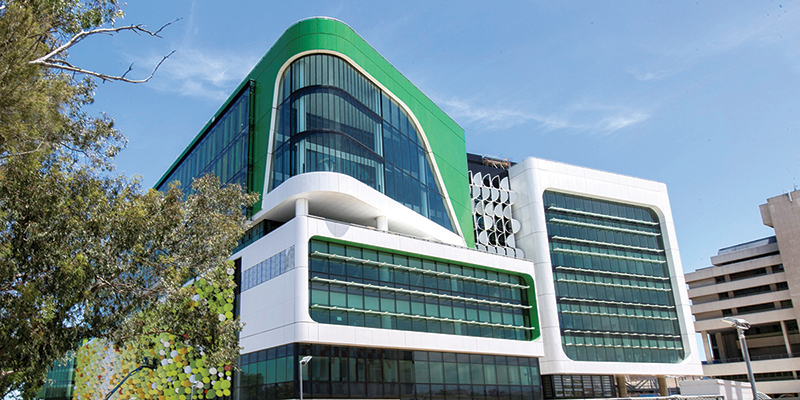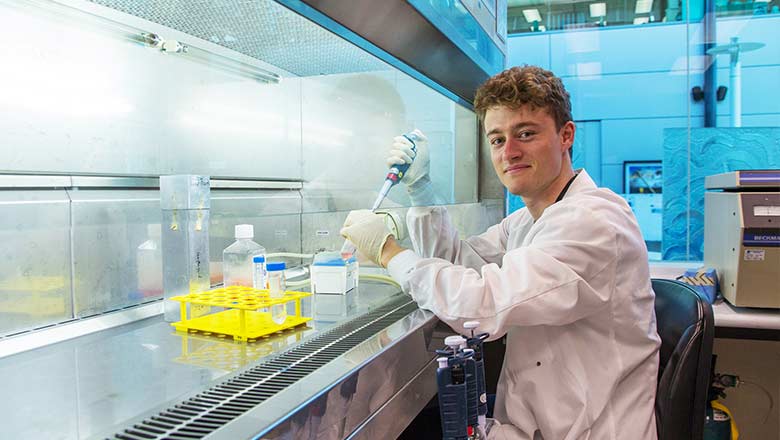Search

News & Events
New national role for The Kids’ Executive DirectorThe Australian Government has appointed the National Health and Medical Research Council (NHMRC) Council for 2024 to 2027.

News & Events
Funding boost for childhood cancer research projectsProjects to improve outcomes for leukaemia patients and reduce skin cancer rates in young Aboriginal people have received funding through Cancer Council WA.

News & Events
Major grants fuel child health researchSix researchers from The Kids Research Institute Australia have been awarded $8.9 million in prestigious Investigator Grants from the National Health and Medical Research Council.

News & Events
Kids who skip breakfast have poorer NAPLAN results: studyAn Australian study has revealed the clear link between eating breakfast and academic success, with students who skip breakfast some or all of the time achieving poorer NAPLAN results than children who always eat breakfast.

News & Events
The Kids receives critical funding boost from WA GovernmentThe Kids Research Institute Australia is one of 20 West Australian research facilities to share in $25 million funding under the State Government’s Research Infrastructure Support (RIS) program, through the Future Health Research and Innovation (FHRI) Fund.

News & Events
Folate researcher awarded for work to prevent birth defectsProfessor Carol Bower has received the prestigious ICBDSR Distinguished Service Award for her work on birth defects - a career that spans 35 years.

News & Events
A vacation spent researching UVWhile many university students spend their summer break enjoying a bit of downtime, Will Kermode spent his in a laboratory.
Research
The definition of asthma remission in children: A scoping review by the WAO Paediatric Asthma CommitteeAsthma remission has emerged as a potential therapeutic goal. However, definitions of remission have primarily focused on adult populations, with limited consensus on how remission should be defined in children.
Research
Understanding parental decisions to decline or delay infant RSV immunisation, nirsevimab, in Western Australia in 2024In 2024, the government of Western Australia introduced 'nirsevimab', a monoclonal antibody offering protection from respiratory syncytial virus (RSV), for eligible infants. This study explores why parents of infants who were eligible to receive nirsevimab opted to decline or delay the immunisation.
Research
Rehabilitation service provision and outcomes for children with stroke in Victoria and Western Australia in the pre-implementation era of clinical practice guidelinesThis study described the rehabilitation services accessed by children with stroke following acute admission to two Australian paediatric tertiary hospitals prior to the implementation of clinical practice guidelines. It also evaluated quality-of-care indicators for inpatient rehabilitation within these two settings.
